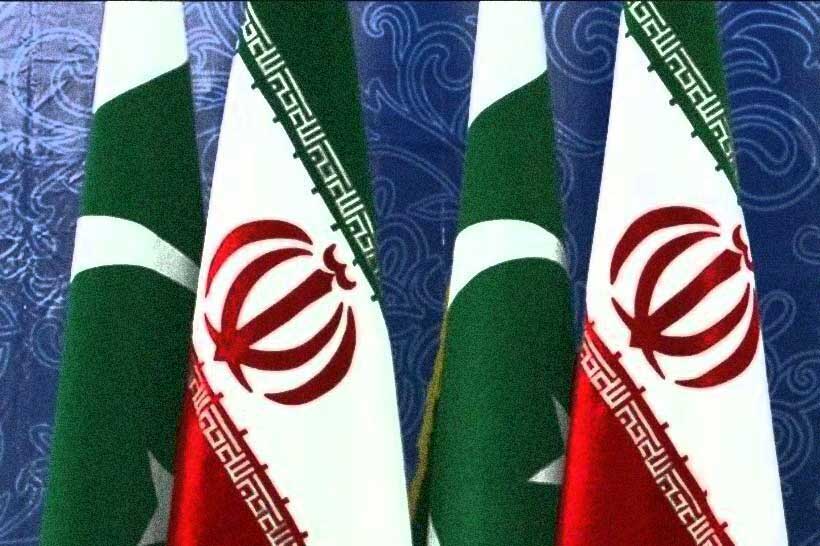
Iran has remained the world’s oldest civilization and Persian Empire for centuries, currently, is a major Islamic country and second most populous state after Egypt in the Middle East. It luckily is a next-door neighbour of Pakistan; in emerging geopolitical scenario, both states interests see an accelerating convergence. Pak-Iran relationship endured many ups and downs in the last few decades. However, Pakistan requires an overhauling of its foreign policy, revamping foreign policy according to emerging geo-political and geo-economic landscapes, by and large, will serve its national interest. Having cosy relationship with Iran ostensibly heralds the path of new avenues. Arguably, the world’s politics witnesses two blocks in shape of the US and China. Pakistan and Iran are apparently under the Chinese umbrella. Both states under the tutelage of China have an enormous opportunity to functional dysfunctional Regional Cooperation for Development (RCD) formed in 1964 by regional members of Central Treaty Organization (CENTO) Pakistan, Iran and Turkey to bolster socio-economic development. RCD so far remains unsuccessful in forging socio-economic development and regional connectivity.
Pakistan can provide an easy access to Turkey and Iran under CPEC in functioning of RCD, benefiting the whole country in general and a deprived and marginalized province Balochistan in particular. Turkey, under current juncture, in block of China further strengthens its ties with Pakistan and Iran. Turkey’s President has recently categorically said that “the issue of Kashmir is as important to Turkey as it is to Pakistan”. Both Iran and Turkey support Pakistan in Kashmir cause, consequently, irritating India a huge economic giant. Support of Kashmir’s cause of self-determination and alienation of India by these two countries make them more valuable to Pakistan. China-Iran deal, presumably, has positive implications for Pakistan; the deal downgrades Indian influence, enhancing Chinese clout in the region that would, by all means, go in Pakistan’s favour. Pakistan fears Indian investment in Iran as its encirclement. Indian exit from Chabahar is a magnificence triumph for Pakistan. The deal, on the other hand, increases Pakistan’s geo-strategic significance; the country in near future would be a supply route of Iranian oil and gas to China. Iran, as for as the deal is concerned, is willing to grant massive concessions to China in oil and gas. Offering Chinese concessional offer of Iran to Pakistan will reduce its oil dependency on other countries. Pakistan and Iran in the presence of China can resolve their issues amicably. Better ties with Iran would eliminate Pakistan’s apprehensions over support of Iran to the Balochistan Liberation Army (BLA) in Pakistan.
Pakistan’s excessive dependency on Saudi Arabia-promoted Wahabism in the country has brought Iran under tremendous pressure to promote its Shia Islam in Pakistan. Mending of ties with Iran will also prevent Shia Islam in Pakistan and the country would remain immune to sectarian violence. The recent surge in a sectarian violence in Pakistan is alarming, jolting the state and moving the country towards anarchy. In Pak-Iran relations, the US factor plays a pivotal role. The US mounting pressure on Pakistan eschewed strengthening of its ties with Iran. Meanwhile, prevailing world order moves towards multi-polarity reducing the US unilateralism, buttressing Chinese ascendency, culminating into the cementing of Pakistan and Iran relations. In 2016 when sanctions were lifted against Iran by Western powers, Pakistan and Iran abruptly initiated exchange of visits to consolidate relationship. Most considerably, both states view Chabahar and Gwadar ports as sister ports. To be fair, engaging in introspection is needed in Pakistan’s statesmanship to ponder over the China-Iran deal. What implications will Chinese investment in Iran have on CPEC? In business, money, no doubt, is the real God; international politics primarily revolves around in obtaining of relative gains means maximum benefits. Pakistan, thus, ought to be thoroughly prepared in emerging geopolitical and geo-economic landscapes in the region where with each passing month witness a radical change. Pakistan seems to be a lucky in prevailing regional political changes, where things somewhat go in its favour. Jumping of Iran in Chinese bandwagon leaving India in a lurch and its support for Kashmir, having better ties with Turkey makes Iran largely instrumental than many other countries. Finally, an adage underscores neighbour’s importance “A close neighbour is better than a distant relative”.
— The writer works at the Institute of Strategic Studies, a think-tank based in Islamabad.
Source: https://pakobserver.net/pak-iran-ties-in-emerging-geopolitical-landscape/

